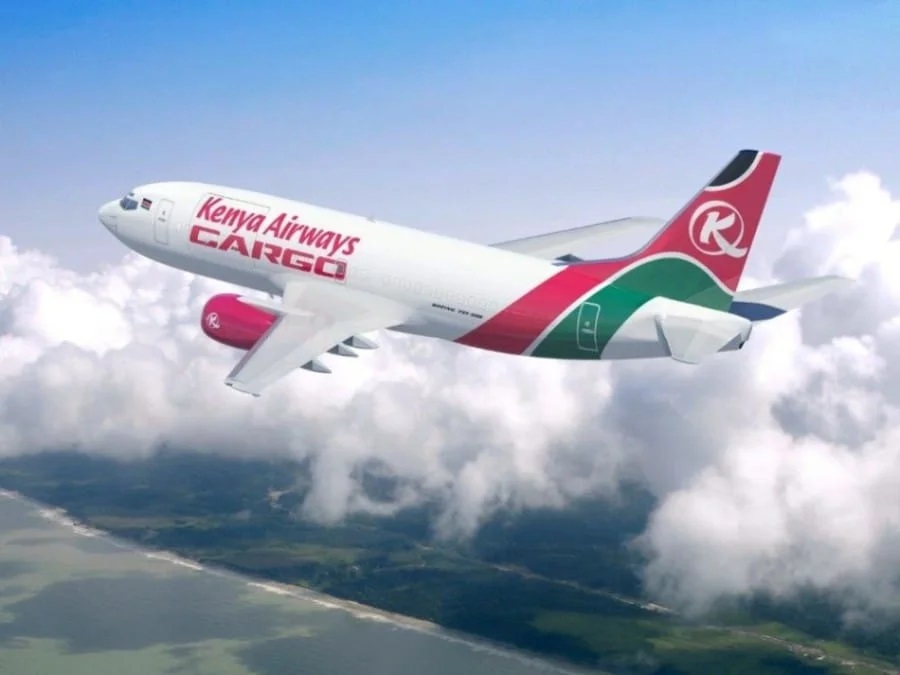
While Kenyan flower farms are struggling to combat emergence of new pests and labour costs, another serious challenge is preventing smooth transportation of flowers.
Kenyan flower deliveries have been severely affected by cargo shortages, cargo cancellations and the cost of available cargo.
This was said at a growers meeting held at a hotel in Naivasha and attended by all stakeholders in the sector.
Kenya Flower Council CEO Clement Tulezi told growers that the issue is so serious that it has been discussed at a cabinet meeting. He confirmed earlier statements from producers that 800 to 1,000 tonnes are being wasted every week due to cargo shortages. Several international airlines, including Qatar Airways, Turkish Airlines and Magma Aviation, have reportedly scaled back their cargo services to Kenya to opt for more lucrative routes for the Christmas season. For example, cargo airlines earn up to $9 per kg on routes from Asia to the US, but only $2.5-2.8 per kg in Kenya.
Ethiopia Advantage
As Kenya grapples with its cargo challenges, neighbouring Ethiopia, Africa’s second-largest flower exporter, is investing heavily in its cargo business through state-owned Ethiopian Airlines, and giving it more control and reliability over its export capacity. The company has established an effective cold chain system that maintains optimal temperatures throughout the entire journey to preserve the quality of perishable goods such as flowers. Ethiopian air freight charges are about half of what Kenyan carriers charge. “They only pay $1.80 per kg,” says Tulezi.
Lack of Capacity
As Ethiopian Airlines rises, Kenya Airways, the self-proclaimed pride of Africa, can only transport 12.5% of Kenya’s produce. The Kenyan government must listen to growers to avert this crisis. The crisis highlights the urgent need for innovative logistics solutions in Africa. The Kenyan government needs to invest in JKIA as well as Kenya Airways to avoid this crisis in the future. Just like Ethiopia, Kenya must take more control over its export capacity to avert future crisis.
The shortage has caused cargo to pile up at JKIA. There are also challenges in arranging charter flights due to a lack of aircraft due to high demand from Asia and the associated costs as more cargo is only available at $5.2 per kg to remain competitive. This is a figure growers cannot afford.
Many of the international airlines operating in Kenya do not have binding contracts, giving them the flexibility to cut flight frequencies, putting local exporters at risk.
Government must intervene
To address the crisis, industry experts suggest the Kenyan government should issue temporary permits to additional cargo airlines or consider wet leasing, which is the short-term rental of aircraft with crew, fuel and insurance. “There are still pending applications waiting for approval. The government should act quickly and give them the go-ahead. We can also get temporary approval for passenger cargo, at least until Mother’s Day. The government can also reduce rates, especially landing fees, so it will be cheaper and appealing for airlines,” Tulezi said.
Sea Freight
Sea freight transport will not only significantly reduce carbon dioxide emissions, but it will also curb the crisis. A current challenge is security concerns in the Red Sea, which is exacerbating the situation. Following attacks by Yemeni Houthi rebels on container ships passing through the Red Sea, many shipping companies have switched to circumnavigating the southern tip of Africa instead of the Suez Canal, adding up to 10 days to the journey and increasing fuel costs by about 40%. This diversion has boosted demand for air cargo as companies look to speed up deliveries.
Economical Value
Kenya’s horticulture exports in 2023 grew by 7% to reach KES 156.69 billion (US$1.2 billion), up from KES 147.08 billion (US$1.13 billion) in 2022. Flowers alone accounted for 47% of Kenya’s horticulture exports, as do vegetables and fruits; accounting for 32% and 21%, respectively. The largest importer of Kenyan horticultural products was the Netherlands (27%), followed by the UK (14%), France (13%), the United Arab Emirates (6%), Germany (5.1%) and Monaco (4.6%).
Way Forward
While Kenya seeks to meet the global demand for flowers, current logistical challenges highlight the fragility of its export infrastructure. Experts highlight the need for capacity building, infrastructure improvements and hybrid logistics models to ensure sustainability. With maritime transport emerging as a long-term alternative, stakeholders must act now to turn this crisis into an opportunity for resilience and growth in Kenya’s fresh produce sector.
